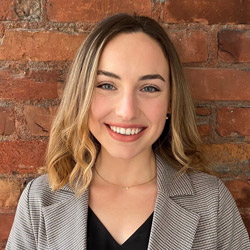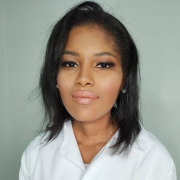
The ISH is positively committed to opposing discrimination against people on the grounds of gender, race, colour, nationality, religion, marital status, sexual orientation, class, age, disability, having dependants, HIV status or perceived lifestyle.
Our latest tweets
Follow us @ISHBP to keep up to date with the latest offers and news
Our December 2024 edition of #Hypertension News is out now!
In this edition:
🥇 2024 ISH award winners
⌚ BP measurement technology
🧬 The genetics of #bloodpressure
⚠️ War-induced stress and #hypertension
🛣️ A roadmap for BP control in Australia
➡️https://ish-world.com/ish-hypertension-news/
*Reminder: happening today*
The 12th ISH Middle East and North Africa RAG Scientific Hybrid Session will explore how international guidelines can be implemented in the MENA region.
🗓️ Saturday 21 December
⏰ 16:00-17:30 GMT
📍 Online
Registration: https://lnkd.in/eFqfFjT3
Congratulations to ISH Europe RAG Chair, Maria Dorobantu, who has been recognised by the President of Romania for her services to #healthcare in Romania!
She was awarded the Sanitary Merit Order in the rank of Great Officer, the highest degree of the Order.
The preliminary findings suggest that virtual reality has the potential to alter individuals’ perceptions of exertion during exercise. This could benefit exercise compliance among patients with #hypertension.
The research won the Best Poster Presentation Award at #ISH2024 ⬇️








Our Corporate Members
Companies wishing to become Corporate Members of the ISH should contact the Secretariat for further details >> secretariat@ish-world.com
Affiliated sponsors


Platinum corporate members
Silver corporate members
© 2023 International Society of Hypertension. All rights reserved. | Terms & Conditions | Privacy | Home | created by eb-webdesign.com











